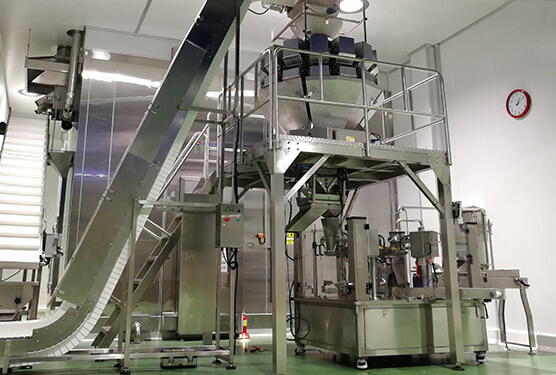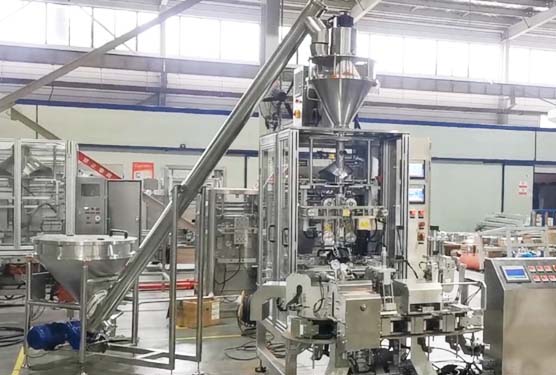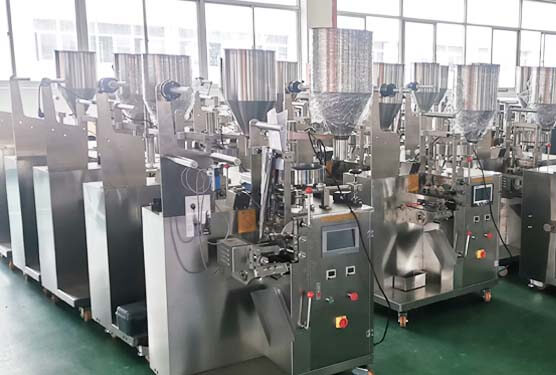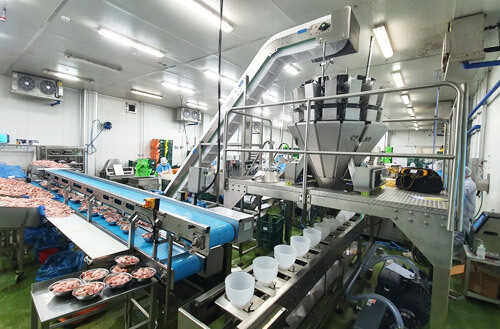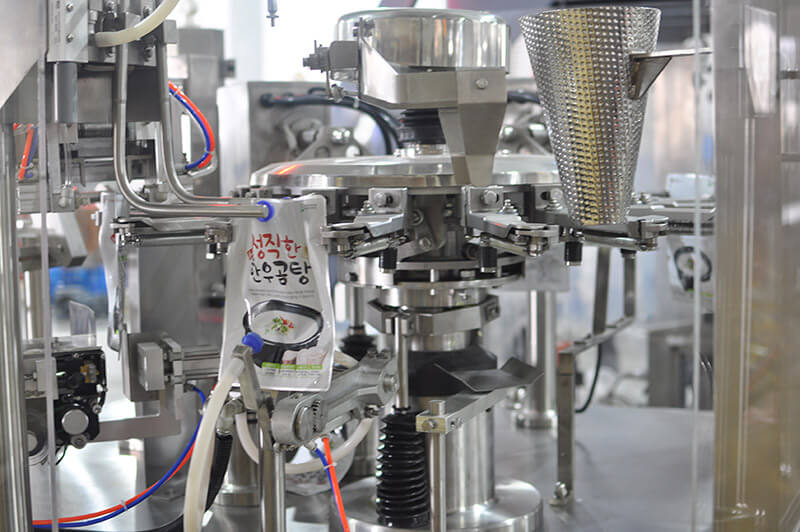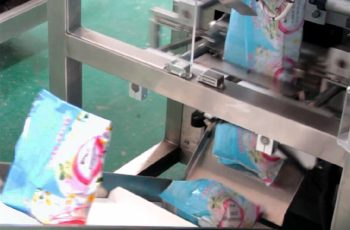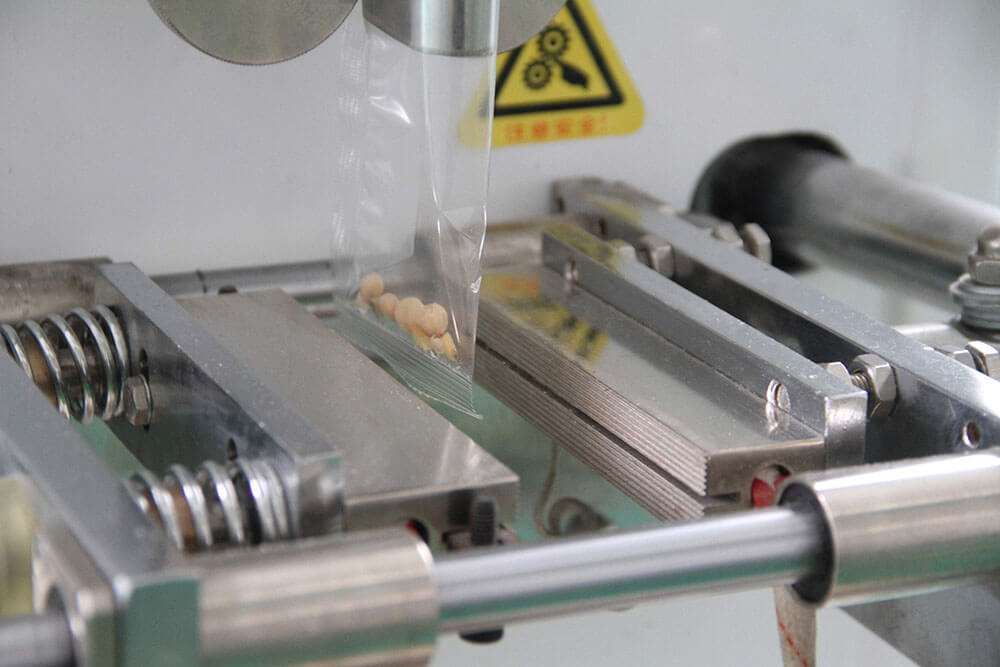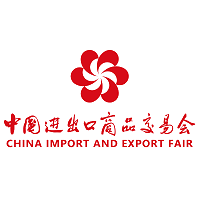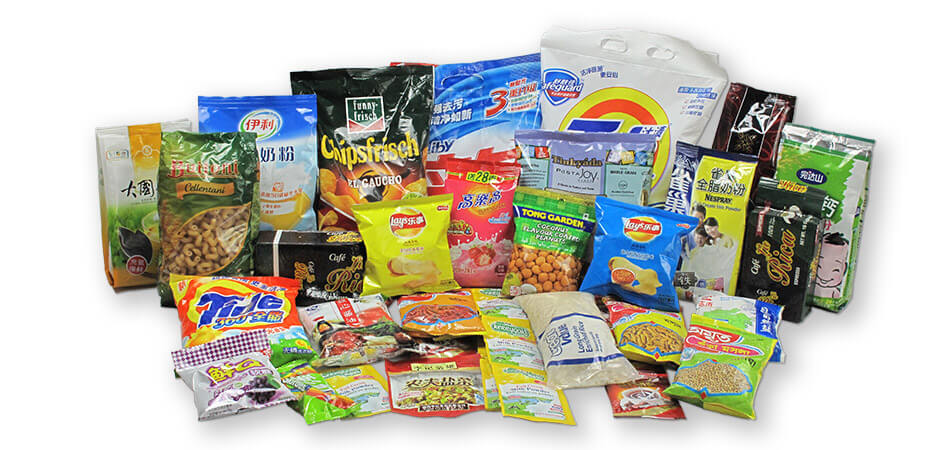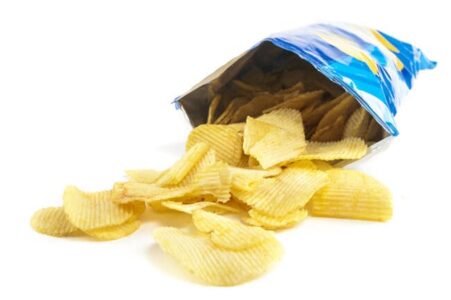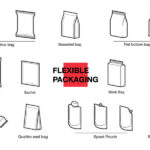Have you ever wondered how products are perfectly packaged before they hit the shelves? What types of machines are responsible for the packaging process, and how do they work? In this blog post, we’ll explore the world of packaging machines and their various applications in the industry.
Packaging machines come in many forms, from filling and sealing machines to labeling and wrapping equipment. These machines work together to create efficient and visually appealing packaging for a wide range of products. Let’s dive into the different types of packaging machines and learn more about their functions.
Stick around to find out which packaging machine is best suited for your business needs and how they contribute to a seamless packaging process.
What Are the Main Categories of Packaging Machines?
There are several categories of packaging machines, each with its own specific function. We’ll discuss the most common types, including filling machines, sealing machines, labeling machines, and wrapping machines. Let’s explore these machines in more detail.
》Filling Machines
Filling machines are used to fill containers with the desired product accurately and efficiently. They come in various forms depending on the product’s consistency and packaging requirements. Some common types of filling machines include:
- Liquid filling machines for beverages, sauces, and other liquids.
- Powder filling machines for products like flour, spices, and detergents.
- Capsule filling machines for pharmaceutical and dietary supplement capsules.
》Sealing Machines
Sealing machines ensure that packages are properly closed to protect the contents and maintain freshness. Some common sealing machines include:
- Bag sealing machines for plastic or foil bags, commonly used for snack foods and other dry goods.
- Tray sealing machines for prepared meals and other food products in trays.
- Induction sealing machines for tamper-evident seals on bottles and jars.
》Labeling Machines
Labeling machines apply labels to packages, providing information about the product and branding. There are various labeling machines, including:
- Pressure-sensitive labeling machines for applying adhesive-backed labels.
- Shrink sleeve labeling machines for applying heat-shrinkable plastic sleeves.
- In-mold labeling machines for integrating labels directly into the plastic packaging during production.
》Wrapping Machines
Wrapping machines are used to enclose products in protective materials, ensuring they stay intact during shipping and handling. Common wrapping machines include:
- Stretch wrapping machines for securing palletized loads with stretch film.
- Shrink wrapping machines for tightly wrapping products with heat-shrinkable plastic film.
- Flow wrapping machines for wrapping individual products in a continuous film, commonly used for snack foods and candies.
How Do You Choose the Right Packaging Machine for Your Business?
When selecting a packaging machine for your business, consider the following factors:
- Product type and consistency: Choose a filling machine designed for your product’s specific consistency, such as liquid, powder, or capsules.
- Package material: Ensure the sealing, labeling, and wrapping machines are compatible with the materials you’ll be using for packaging.
- Production speed: Select a packaging machine capable of meeting your desired production rate and can be easily scaled up as your business grows.
- Automation: Opt for a level of automation that suits your budget and production requirements, ranging from semi-automatic to fully automatic packaging machines.
- Customization: Look for a supplier that offers customized packaging solutions tailored to your specific needs, such as HonorPack.
What Are the Benefits of Investing in High-Quality Packaging Machines?
Investing in high-quality packaging machines offers several advantages, including:
- Increased efficiency: Automated packaging machines can significantly speed up the packaging process, leading to higher productivity.
- Reduced labor costs: By automating the packaging process, you can save on labor costs and reallocate resources to other aspects of your business.
- Improved product quality: High-quality packaging machines can help ensure consistent packaging quality, enhancing your brand’s reputation and customer satisfaction.
- Lower waste: Efficient packaging machines can minimize waste by accurately measuring product amounts and reducing the risk of product spillage or damage.
- Long-term reliability: Durable, well-built packaging machines can provide years of reliable service, reducing the need for frequent maintenance or replacements.
Conclusion
Understanding the different types of packaging machines is essential for any business looking to optimize its packaging process. By selecting the right machines for your specific needs and investing in high-quality equipment, you can improve efficiency, reduce waste, and enhance product quality. Ultimately, this will lead to increased customer satisfaction and a more profitable business.

